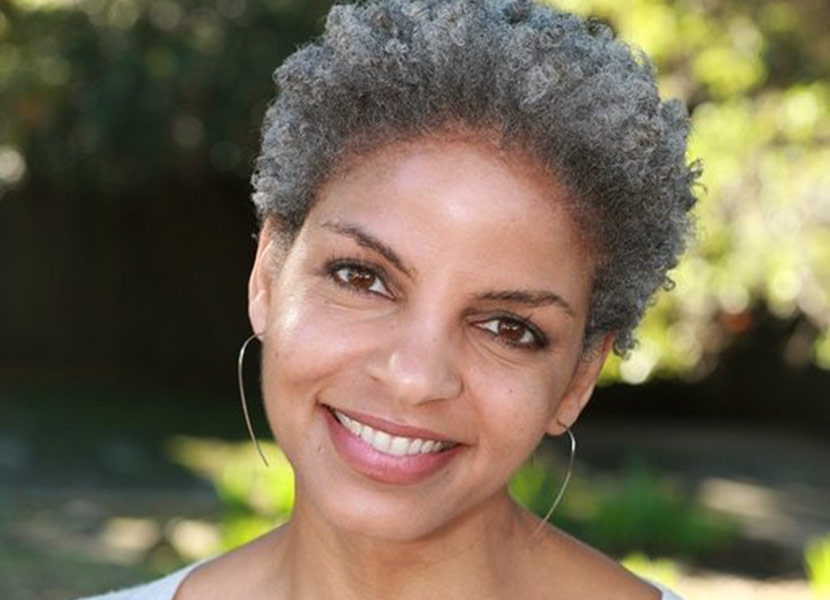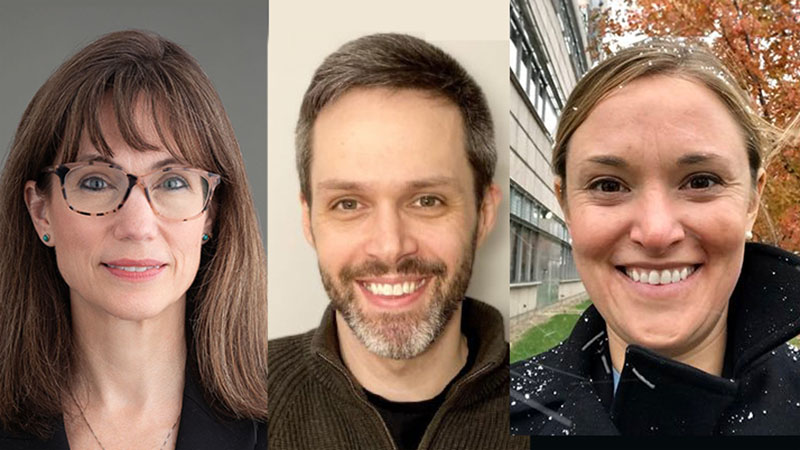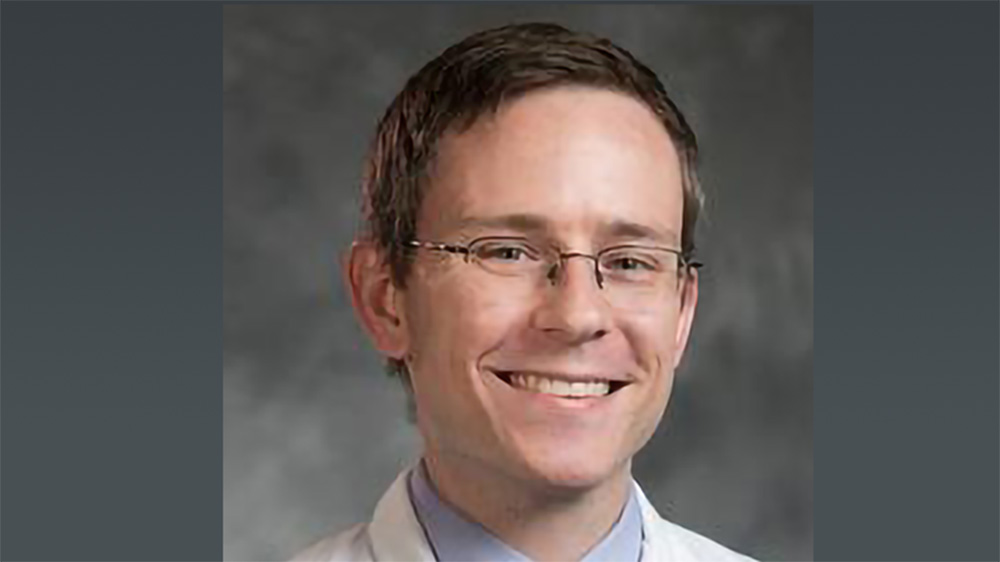
In the notes of the three nephrologists who had seen Carlos Garcia in the weeks before me, I read about how they had spent considerable time telling him about dialysis and how they recommended that he start dialysis as soon as possible or he would soon die. I read how they had spent even more time trying to get him to agree to do it after he had adamantly refused time and time again. I didn’t want to repeat what they did. But I needed to make sure he was sure.
He was only 63.
“Sometimes people refuse dialysis because they think it does things that it really doesn’t. Can you tell me what you think dialysis would be like so I can be sure your decision is based on the reality?”
He exhaled and hung his head with the disappointment of here we go again. He flung up his arms and shook his head as he spoke, showing me his sunken temples from different angles.
“You have to be connected to a machine for almost the whole day almost every day.”
“Well, not exactly. Hemodialysis is only about 3 hours and 3 times a week,” I said in that way we doctors often do when we want to downplay what’s bad about the pill or procedure or surgery we think the patient in front of us should have in order to get the good from it. “And it would extend your life. It would give you years. Without it, you will die within the next few weeks, a few months at the most.”
“I don’t want to live my life like that. Connected to anything,” he returned.
Though the words seemed to ooze from his lips from a brain bathed in the toxins of severe kidney failure, I could sense that he was an intelligent man. One who had given a lot of thought to his life and how he wanted to go through the world. He was speaking from a place of certainty, not fear.
“OK. I hear you,” I said, nodding, accepting. “I will support you in your decision. I think the thing to do now is to refer you to hospice. They can provide additional support in your home.”
He exhaled and hung his head again, but this time with the relief that comes from feeling heard. He nodded in agreement and I went on to describe what he could expect with dying from kidney failure and what we could do to ease any symptoms as they arose.
And then his friend, who had been sitting silently beside him, her bright blue eyes wide with all the words she seemed to be trying not to say, finally spoke. “Can we see you next time we come back to clinic?”
by: Vanessa Grubbs, MD, MPH is an Assistant Professor in the Division of Nephrology at UCSF and maintains a clinical practice at Zuckerberg San Francisco General Hospital. Her primary interests are renal palliative care and narrative writing. Her research focuses on treatment alternatives for the frail elderly with end-stage kidney disease. She teaches writing for patient advocacy to medical students and practicing physicians, blogs at thenephrologist.com, and is working on her first book, which will be released in Summer 2017 through Harper Collins Publishers, Amistad division. You can follow Vanessa on Twitter @thenephrologist
Note: Identifying details of this story have been changed to protect patient confidentiality.



